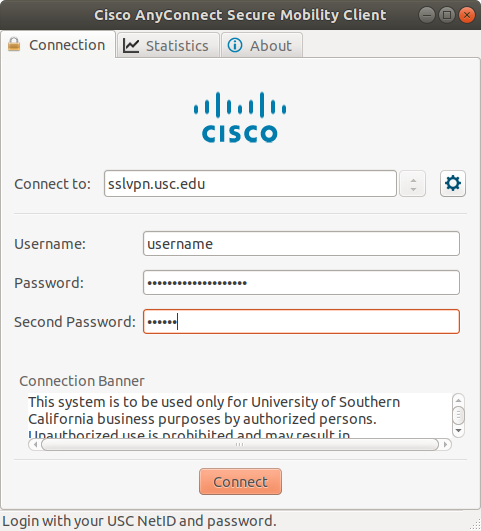I have a new article out now in a special issue on platform urbanism, co-authored with Max Besbris, David Wachsmuth, and Jake Wegmann, titled Tilted Platforms: Rental Housing Technology and the Rise of Urban Big Data Oligopolies. We reflect on short-term and long-term rental housing technologies and how they’re affecting the housing search, equity, and affordability.
From the abstract:
This article interprets emerging scholarship on rental housing platforms—particularly the most well-known and used short- and long-term rental housing platforms—and considers how the technological processes connecting both short-term and long-term rentals to the platform economy are transforming cities. It discusses potential policy approaches to more equitably distribute benefits and mitigate harms. We argue that information technology is not value-neutral. While rental housing platforms may empower data analysts and certain market participants, the same cannot be said for all users or society at large. First, user-generated online data frequently reproduce the systematic biases found in traditional sources of housing information. Evidence is growing that the information broadcasting potential of rental housing platforms may increase rather than mitigate sociospatial inequality. Second, technology platforms curate and shape information according to their creators’ own financial and political interests. The question of which data—and people—are hidden or marginalized on these platforms is just as important as the question of which data are available. Finally, important differences in benefits and drawbacks exist between short-term and long-term rental housing platforms, but are underexplored in the literature: this article unpacks these differences and proposes policy recommendations.
For more, check out the article.
